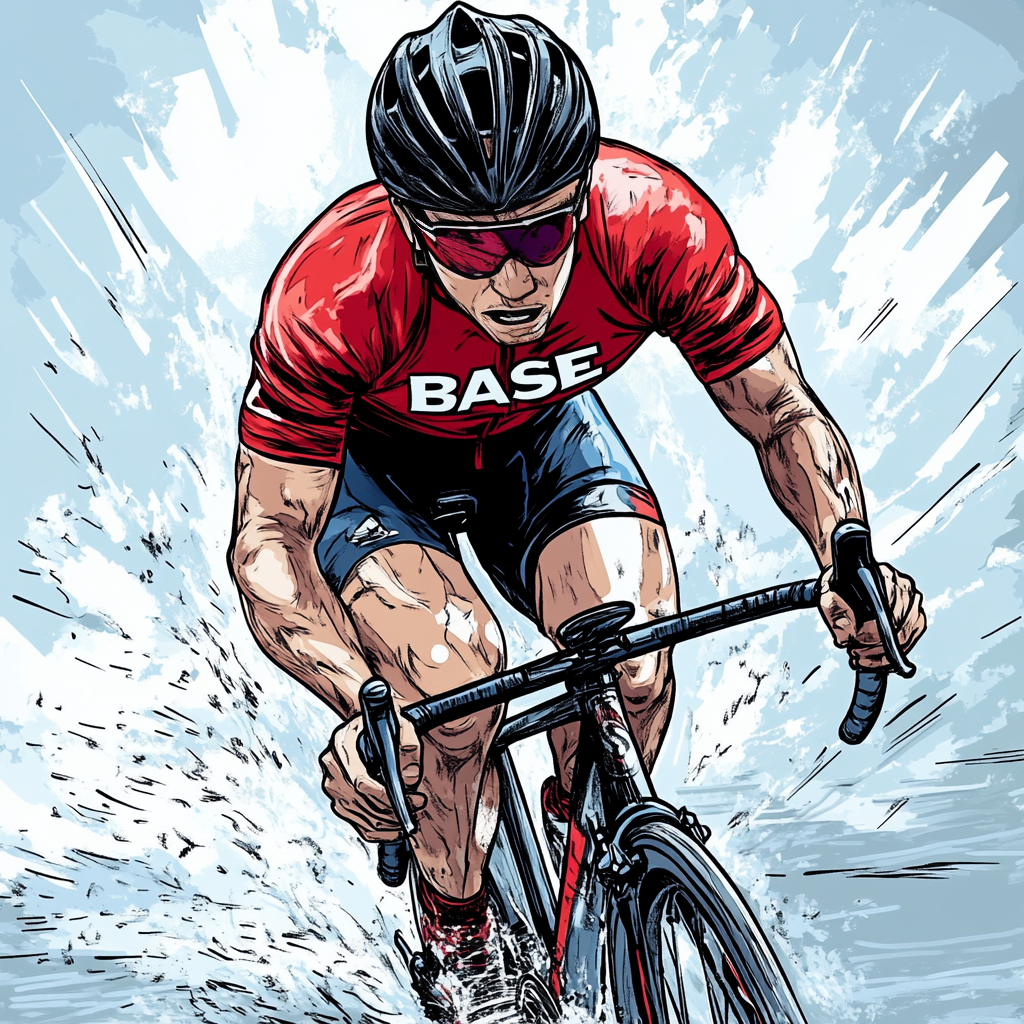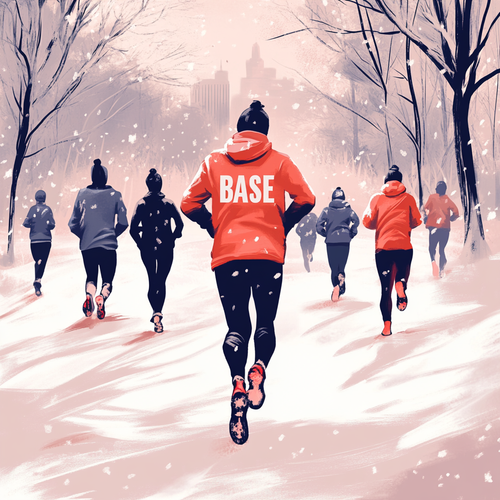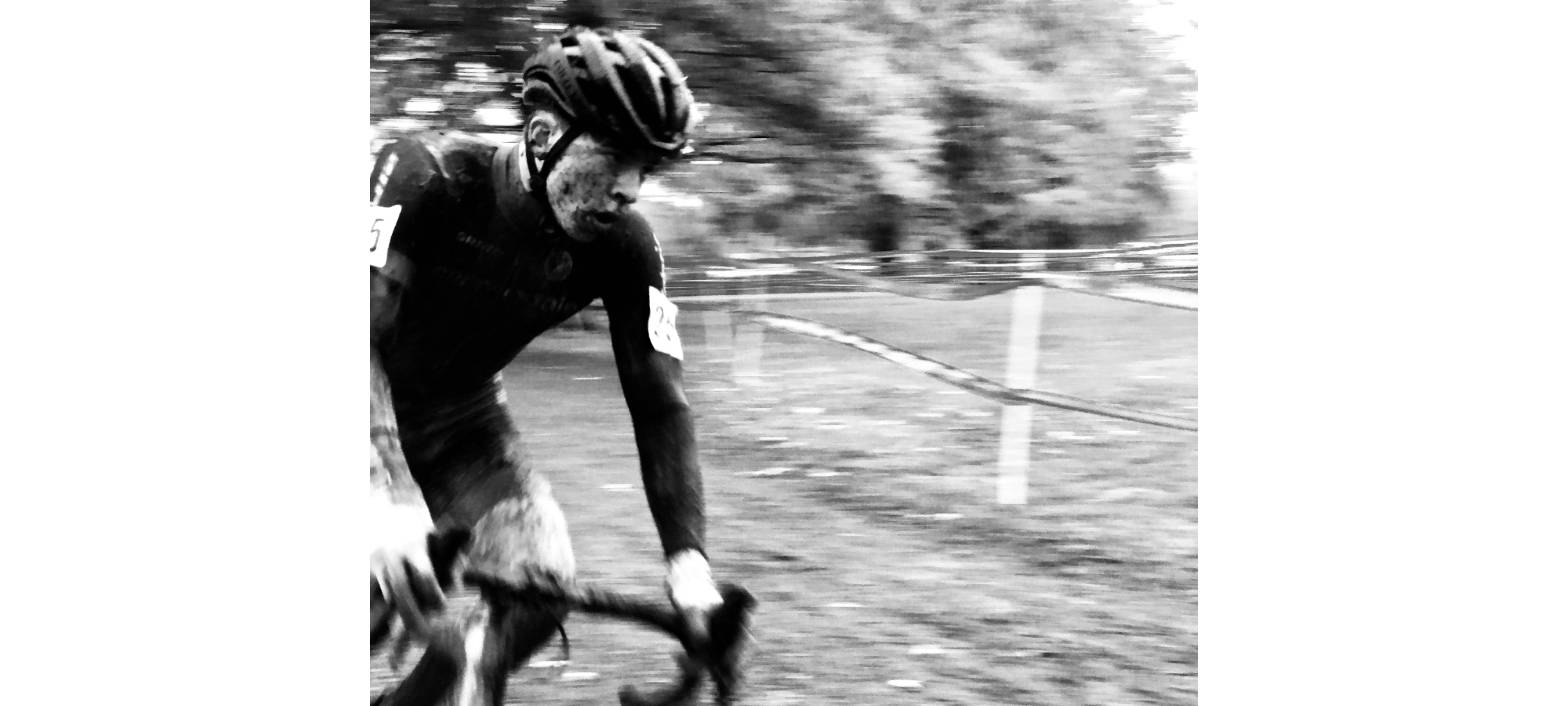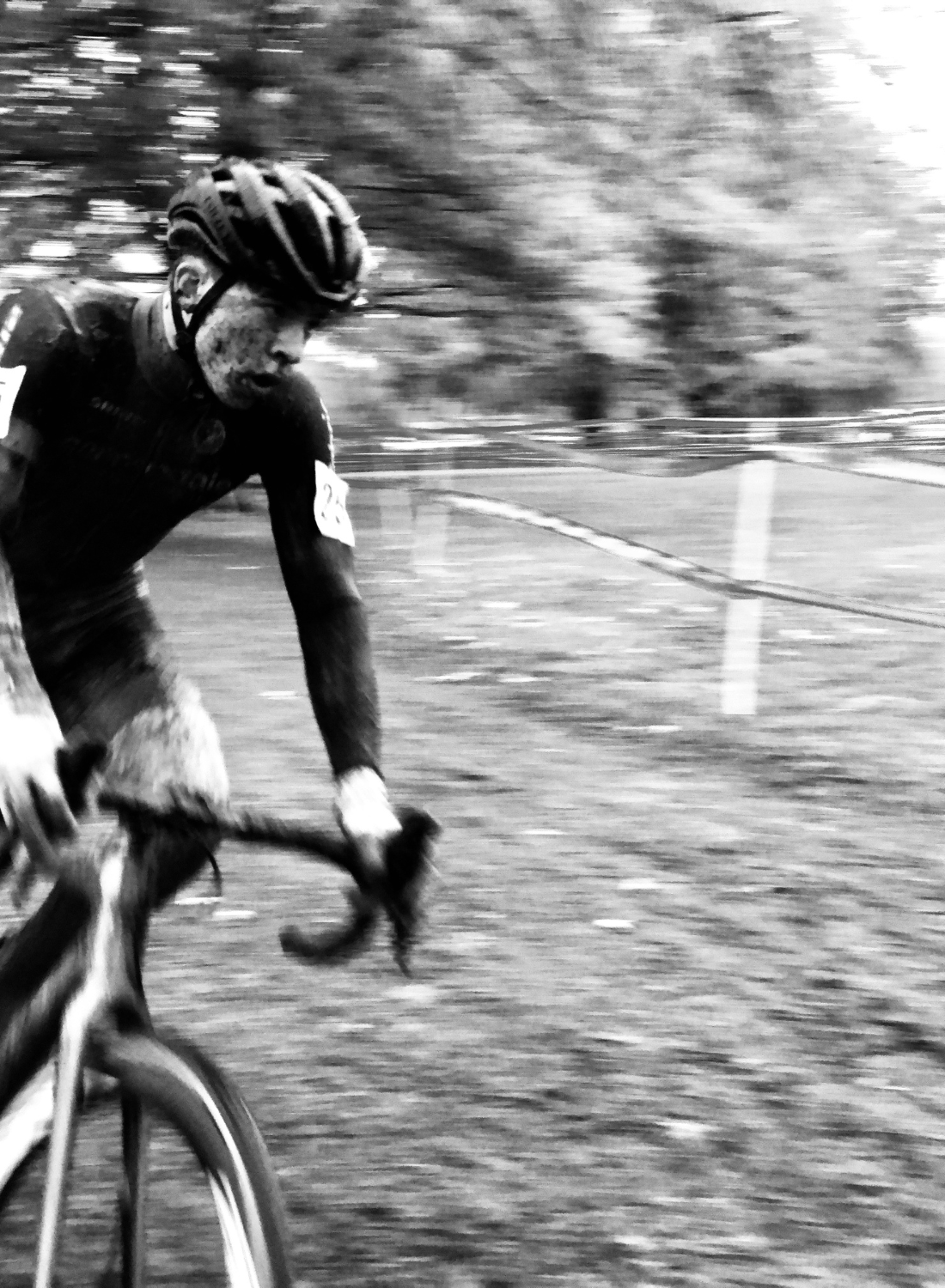FLEXIBILITY DURING RACE WEEK
By: Lauren Brandon
Have you ever had a canceled or delayed flight that caused you to get to your hotel race week later than planned? Or have you ever dropped your race nutrition during your Ironman and didn’t have a back up plan? There are so many things that can go wrong during race week and while we don’t want to think about these instances, it is important to know what you need to do in case they happen to you.
At my last Ironman, they cut the swim in half 15 minutes before the race start. And then at 30k into my 180k bike ride, the screw to my water bottle came loose and I had to hold it on with my knees every time I hit a bump before it completely fell off half way through the race. Having these things happen weren’t ideal, but when you prepare for these scenarios in advance, you are able to stay calm and continue to execute your race as best as possible.

Travel Issues: A lot of travel issues are out of your control, so try not to get too stressed about them. If your flight is delayed or cancelled, just make sure you continue to move your body, fuel properly, and rest. You can do a jog and mobility work in the airport or even pay to use the gym at a nearby hotel.
Lost Bags: Always travel with your swim and run stuff in your backpack/carry on bag. You can get by for a couple of days without your bike, but you want to make sure you are still getting in some training before your race.

Race Prep: Try to have a schedule of what needs to get done each day leading into your race, especially for a full Ironman. There are a ton of things that need to get done, such as getting your gear bags and special needs bags ready, so it’s best to do everything as early as you can.
Race Day: I am sure we have all had something go wrong on race day such as a bike mechanical, flat tire, lost nutrition, stomach issues, and many other things. Before your race, make sure to have a plan for as many of these things as possible. Example: Put extra nutrition or bottle in your special needs bag in case you lose them during the first part of the bike (just because they are in there doesn’t mean you have to take them). Put Tums or Imodium in your T2 bag or special needs bag in case you have some stomach issues. Make sure you have the proper equipment to change your tire (valve extender, CO2, etc) and anything else that you may need that day.
Remember that the best way to control your race is to have a plan, but be flexible when things go wrong, and try to stay calm :)

























Leave a comment